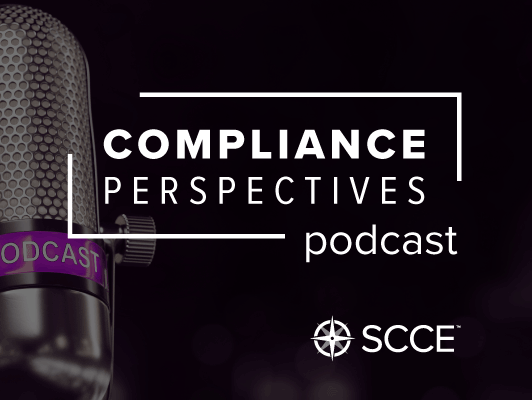Podcast: Play in new window | Download (Duration: 11:01 — 10.1MB)
Subscribe: Apple Podcasts | Email | TuneIn | RSS
While the Covid pandemic has grabbed the headlines, opioids have continued to kill Americans in large numbers. As Seth Whitelaw, President and CEO of Whitelaw Compliance Group explains in this podcast and in the chapter “The Opioid Crisis and the Risk of Diversion” in the Complete Healthcare Compliance Manual, while prescription-related deaths have seen some decline, they remain far too high, largely due to the problem of diversion into illegal forms of distribution.
To prevent diversion, healthcare providers and their compliance teams need to pay close attention to the information they are receiving. Distributors, manufacturers, physicians and pharmacists all generate and have access to prescribing data. It’s essential to ask questions such as is the patient demonstrating addictive behavior? Is a physician writing prescriptions at a rate suggesting he or she is spending little to no time with patients before prescribing? Did the pharmacy order ten times more opioids than usual because something is awry, or because someone innocently added a zero at the end of the order?
All of this means there is a strong human element to controlling diversion. While the automated systems are good at identifying outlying activity, there is still a need for a person to find out what exactly is going on. That can include seeing if there is a line of people waiting outside a physician’s office, or if a pharmacy parking lot is filled with out of state license plates.
There are not necessarily any bright lines, he explains, which makes it all the more important to pay attention and make the necessary disclosures to the DEA if a good explanation cannot be found.
Listen in to learn more, and be sure to check out the Complete Healthcare Compliance Manual.


